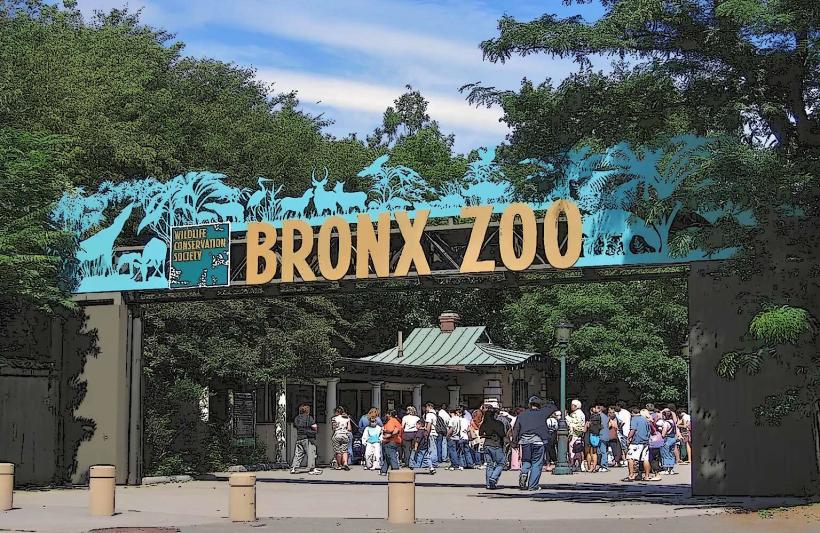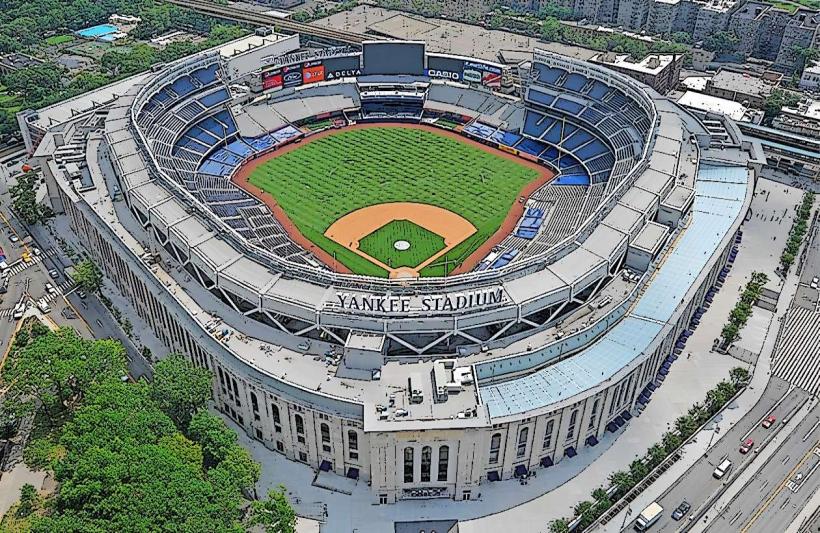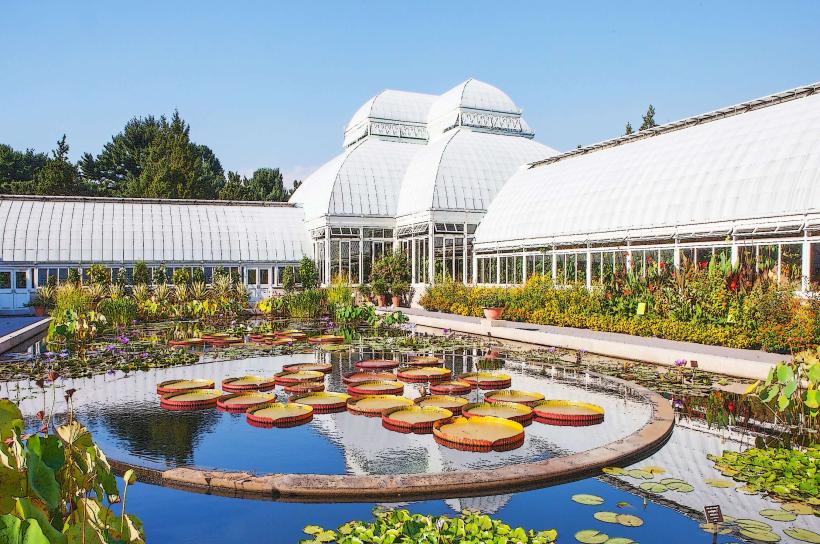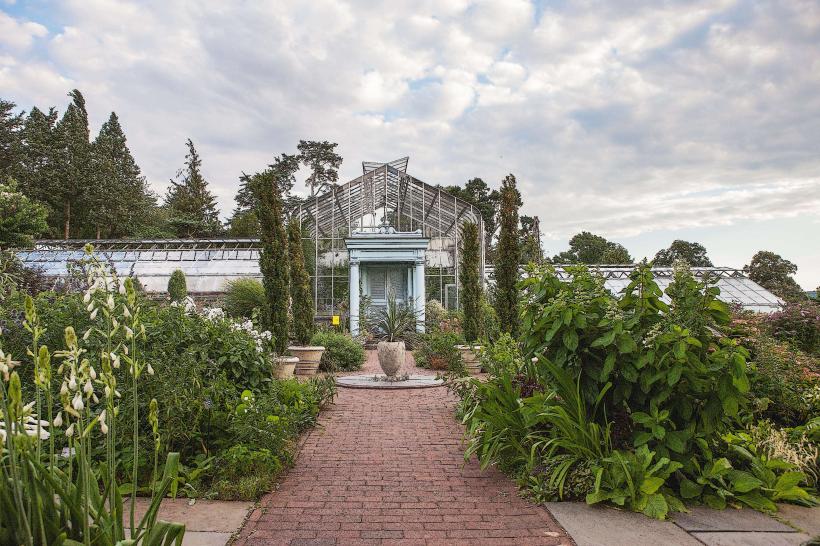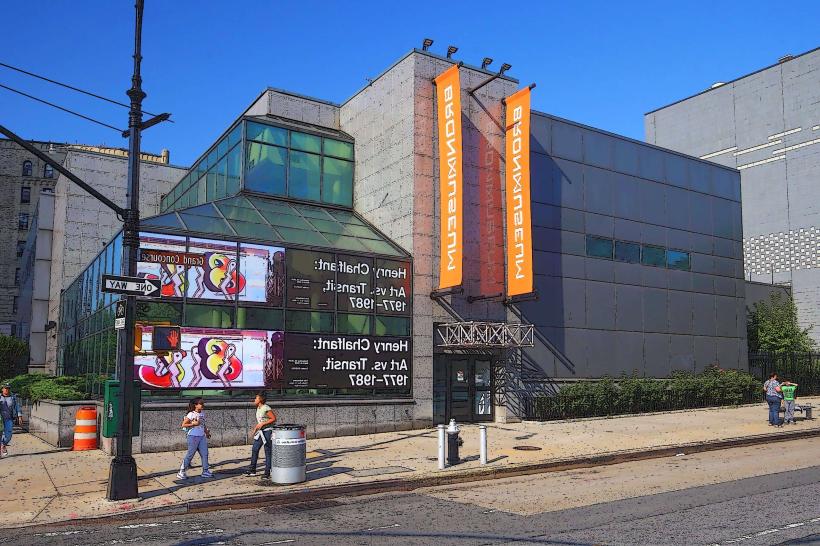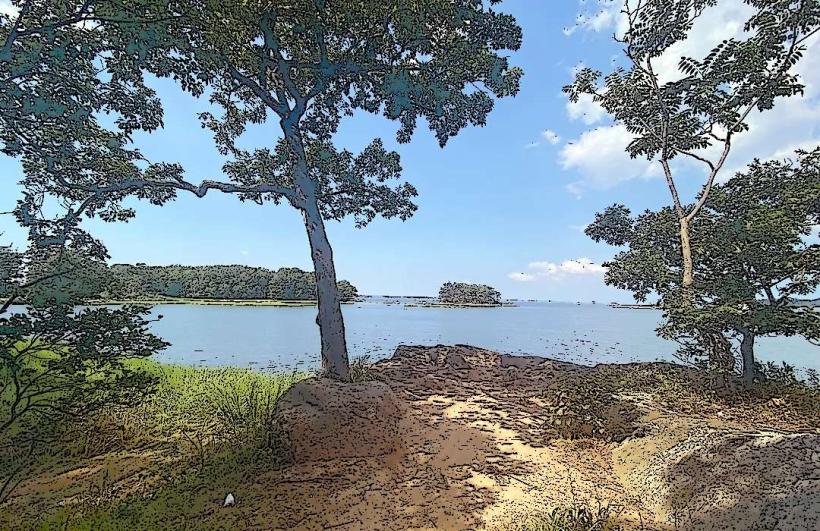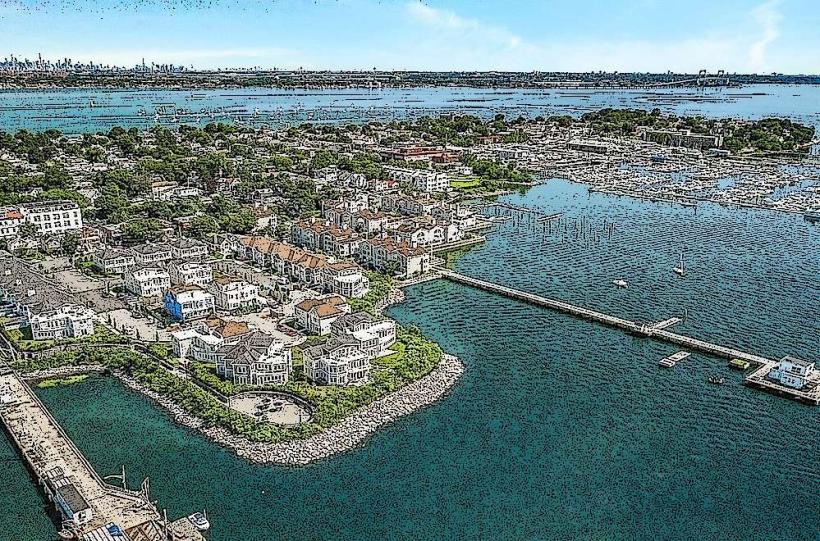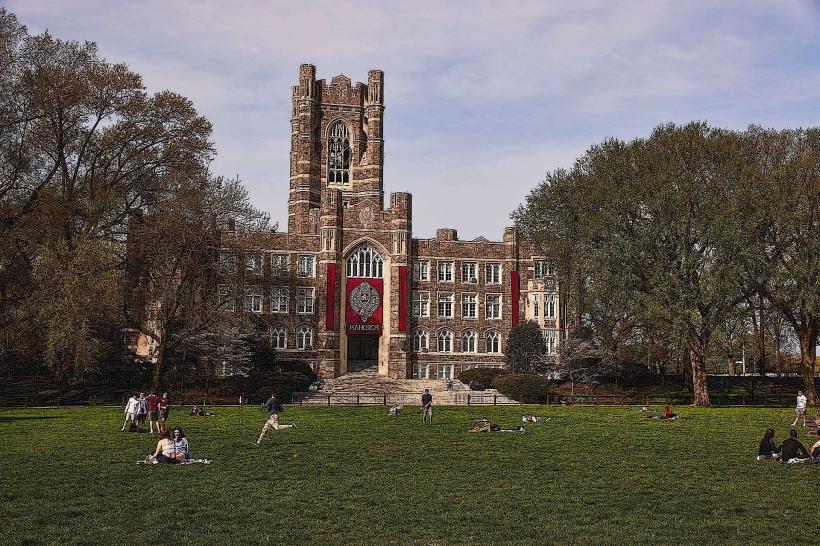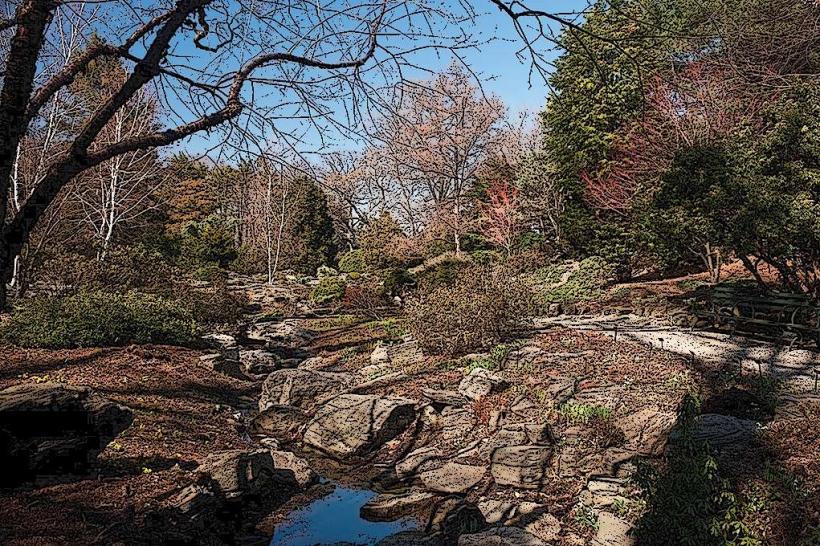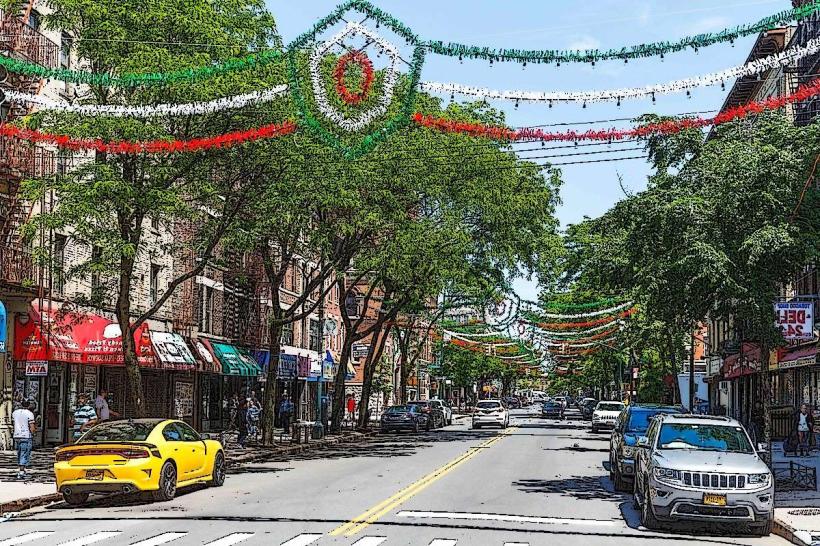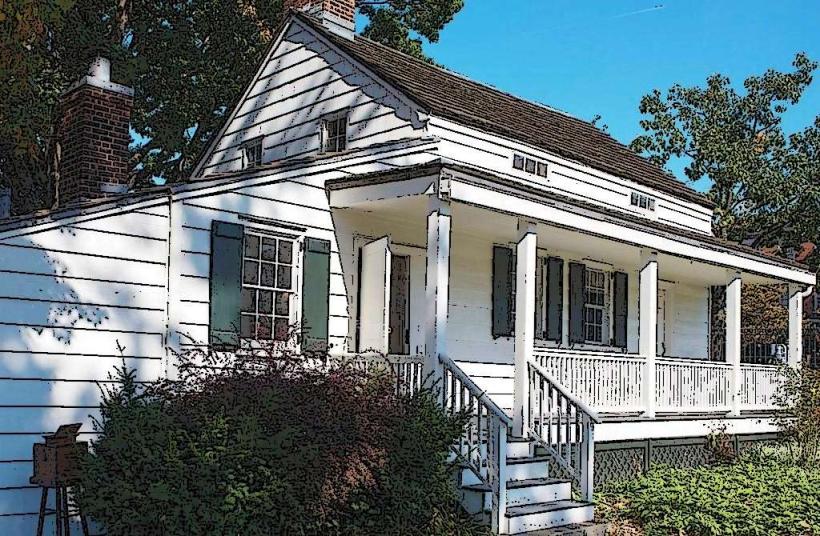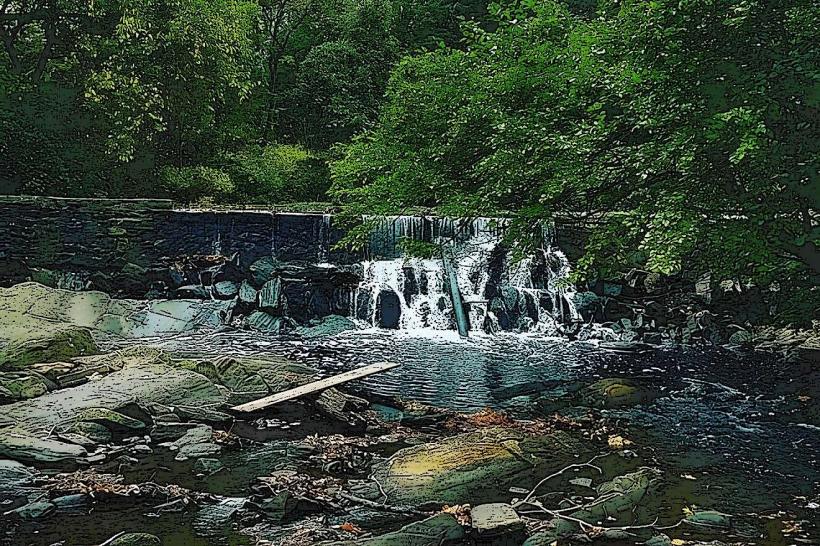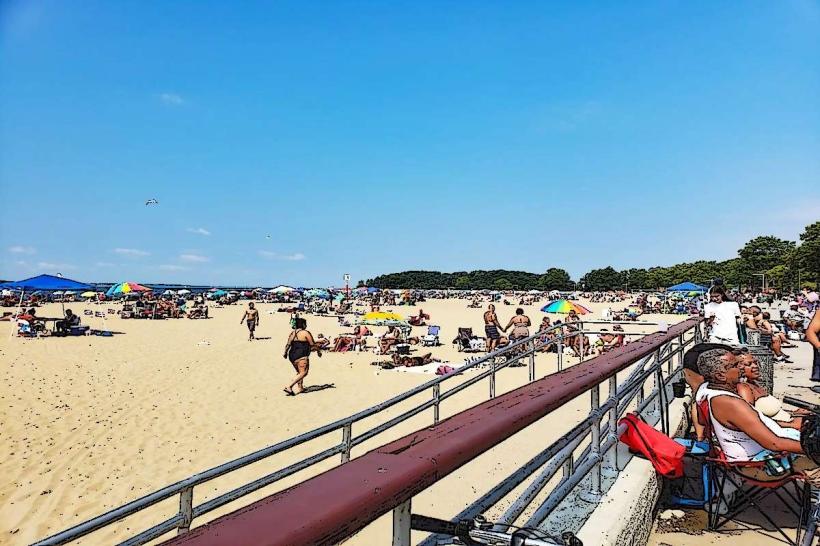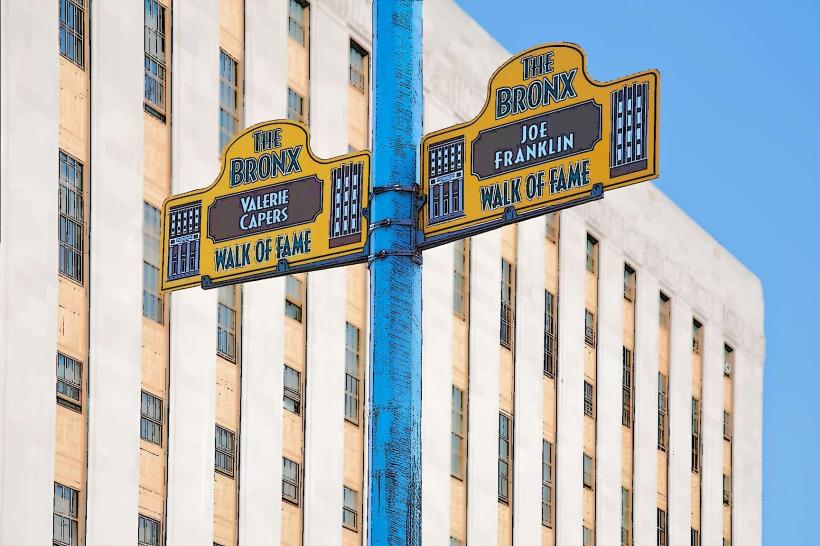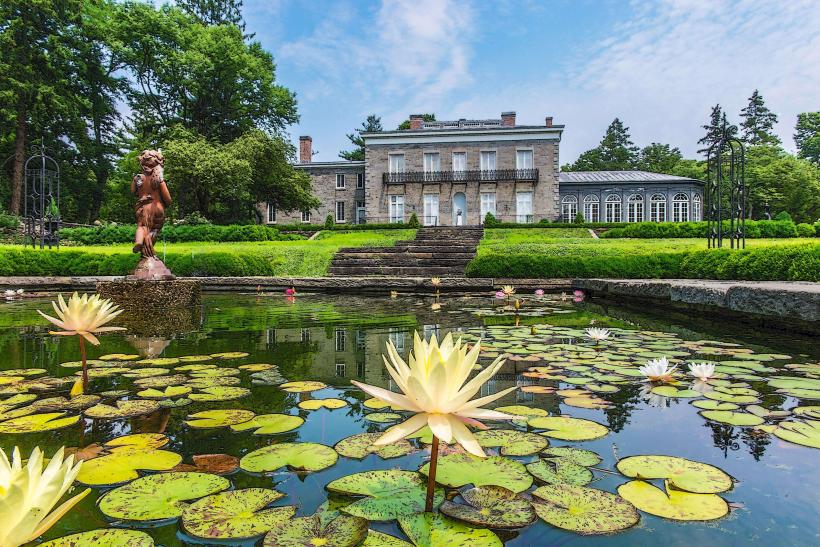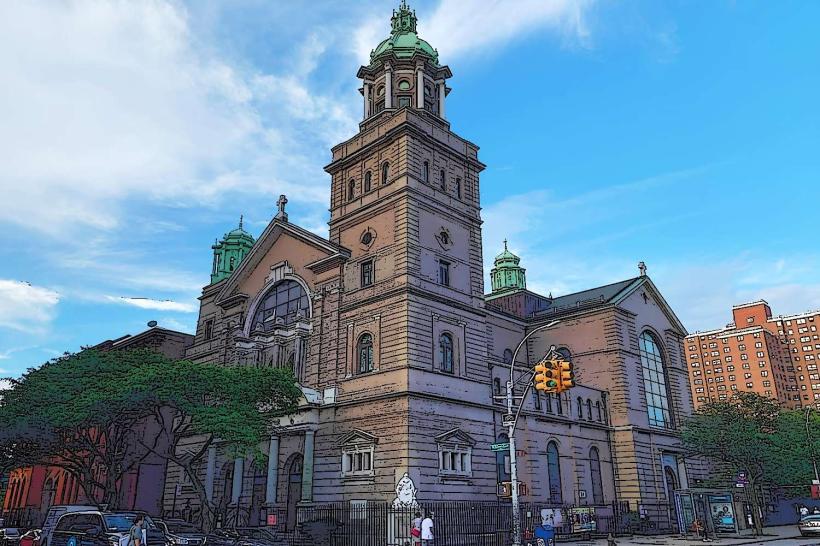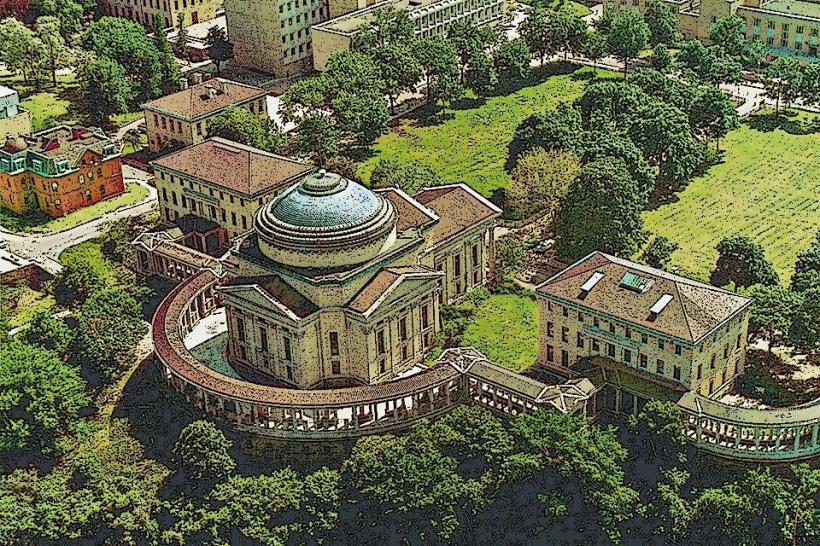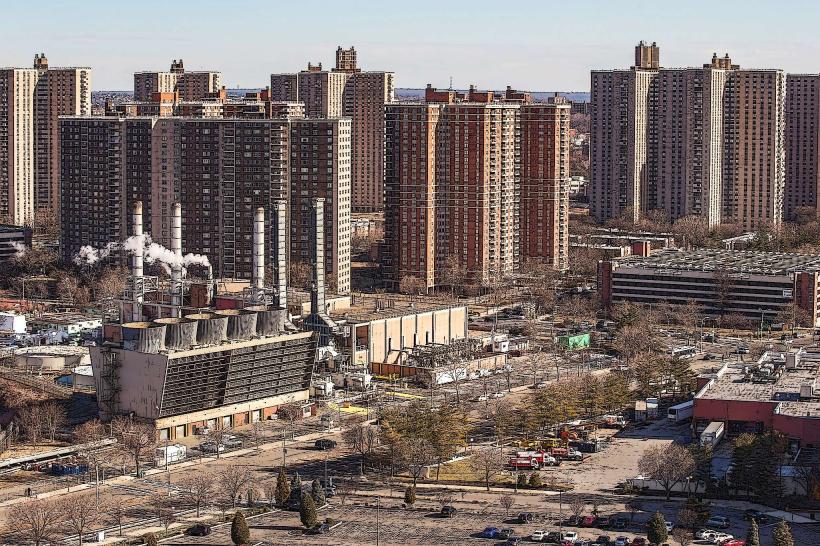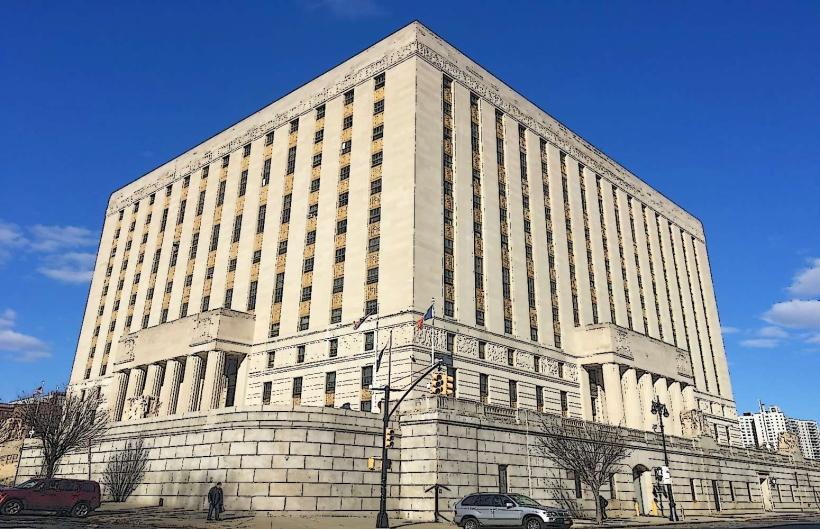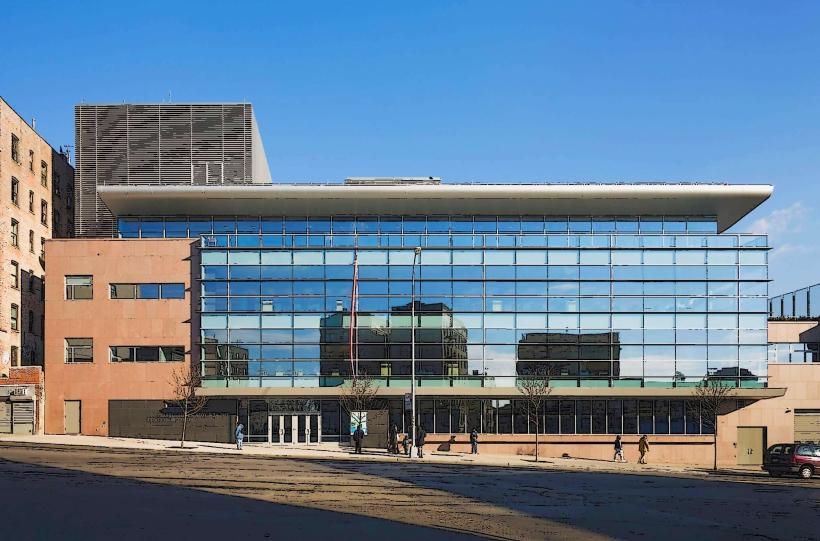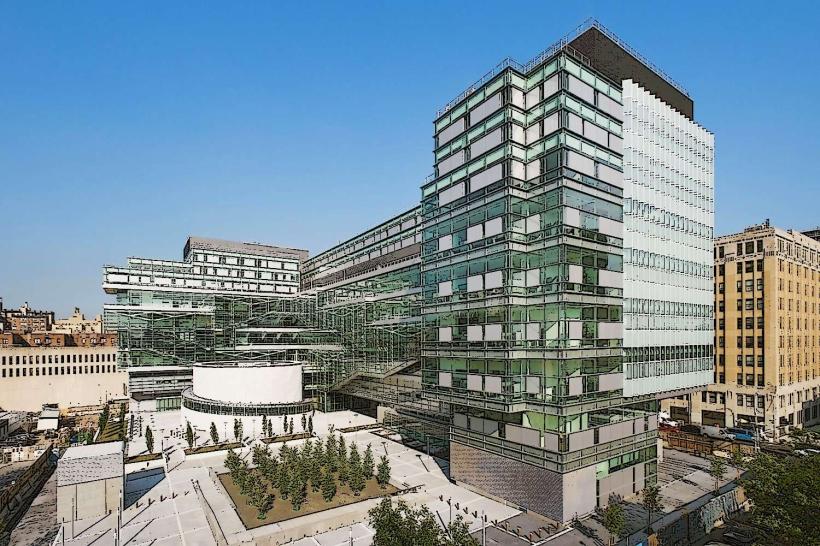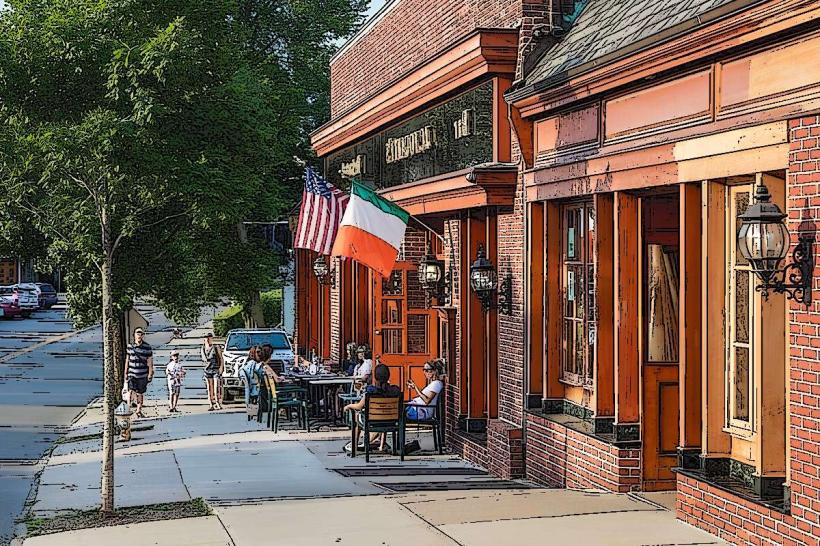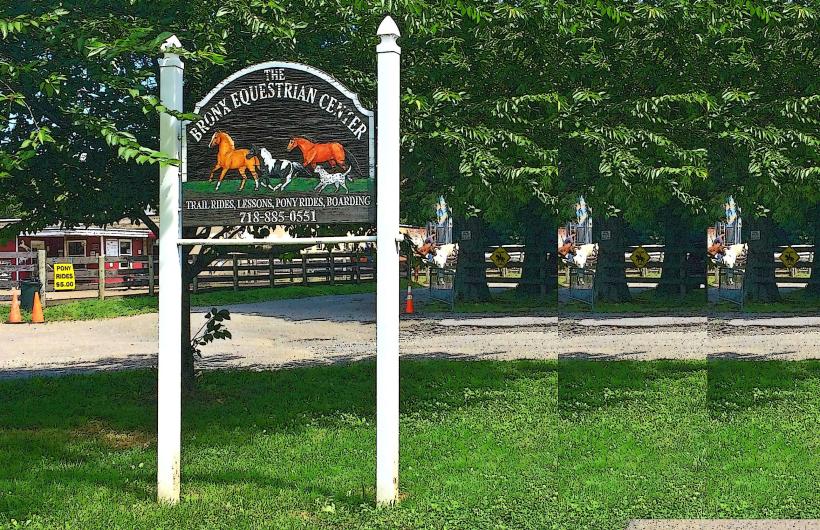Information
Landmark: Van Cortlandt ParkCity: Bronx
Country: USA New York
Continent: North America
Van Cortlandt Park, Bronx, USA New York, North America
Van Cortlandt Park is one of New York City’s largest and most significant parks, located in the Bronx. Spanning 1,146 acres, it provides a diverse range of natural, historical, and recreational experiences. It is rich in history, offering visitors access to both its vast natural beauty and its cultural heritage. Here's an in-depth look at the park:
Natural Features
Van Cortlandt Lake:
This freshwater lake is the largest in the Bronx and covers about 20 acres. The lake was originally created in 1699 when Jacobus Van Cortlandt dammed Tibbetts Brook to power a sawmill.
The lake supports a variety of species, including largemouth bass, bluegill, and sunfish. It is also a popular spot for recreational fishing.
The park is home to several wetlands that contribute to the ecosystem around the lake, supporting biodiversity in the area.
Tibbetts Brook:
Tibbetts Brook, which feeds into Van Cortlandt Lake, is a major watercourse running through the park. It originates in Yonkers and flows south through the park.
The brook was historically an important water source for the city, but efforts have been underway to restore its natural flow and daylight parts of the brook that had previously been buried in culverts.
It plays a vital role in the park’s natural landscape, providing habitat for various wildlife.
Old-Growth Forests:
Van Cortlandt Park is one of the few places in New York City where you can find old-growth forests, which feature trees that have not been cut or disturbed for hundreds of years.
These forests are home to black oak, hickory, beech, and sugar maple trees. They provide shelter for a wide variety of animals, including red-tailed hawks, wild turkeys, and deer.
The park’s Croton Woods is particularly noted for being an important ecological zone with a high degree of biodiversity.
Historical Significance
Van Cortlandt House Museum:
The Van Cortlandt House, built in 1748, is the oldest surviving house in the Bronx. It was the home of the Van Cortlandt family, one of the prominent families in New York during the colonial period.
The house is a museum that offers visitors a glimpse into 18th-century life. The museum hosts exhibitions and programs on the history of the Van Cortlandt family and the park itself, along with its role during the American Revolution.
During the Revolutionary War, the house was a military headquarters for General George Washington’s forces.
Old Croton Aqueduct:
Constructed between 1837 and 1842, the Old Croton Aqueduct ran through the park, providing clean water to New York City from the Croton River in Westchester County. This aqueduct was one of the most important engineering feats of its time.
Parts of the aqueduct, such as its gatehouse, still exist in the park today, and visitors can explore sections of the Old Croton Aqueduct Trail, which provides insight into the city’s early water infrastructure.
The aqueduct ceased functioning in the mid-20th century but remains an important historical feature of the park.
Trails and Recreation
Putnam Trail:
The Putnam Trail is a 1.5-mile paved trail that runs through the wooded areas of Van Cortlandt Park and connects the park to the South County Trailway in Westchester County.
It is used by pedestrians and cyclists alike, making it a great spot for a leisurely stroll or a bike ride through the park’s scenic woodlands.
Cross-Country Course:
The Van Cortlandt Park Cross-Country Course is one of the most well-known cross-country tracks in the United States. It is used for high school and college cross-country meets and is considered one of the most challenging courses in the country.
The course is 2.5 miles long and is a hub for local and regional competitions. The terrain includes both flat and hilly sections, making it an exciting venue for runners.
Parade Ground:
The Parade Ground is a multi-use area that provides fields for a wide range of sports and activities. It includes:
11 soccer fields,
16 baseball fields,
8 cricket pitches,
12 tennis courts.
The Parade Ground is also used for various community events, including fairs, concerts, and sports tournaments.
It is one of the most heavily used parts of the park, offering ample space for both recreational and organized sports activities.
Wildlife and Ecology
Birdwatching:
Over 300 bird species have been documented in Van Cortlandt Park, making it an excellent spot for birdwatching. Common species include red-tailed hawks, barred owls, and great horned owls.
Croton Woods is a hotspot for migratory songbirds, making the park a popular destination for birdwatchers, especially during the spring and fall migration periods.
Amphibians and Reptiles:
The park’s wetlands and woodlands provide habitat for a variety of amphibians and reptiles, such as American bullfrogs, red-backed salamanders, and Eastern painted turtles.
The park also has a number of snakes, including garter snakes and northern water snakes.
Access and Transportation
Subway:
The park is easily accessible by subway. The 1 train stops at 242nd Street-Van Cortlandt Park Station, which is located near the northern entrance to the park.
The Woodlawn Station on the 4 line is also nearby, providing access from other parts of the Bronx.
Bus:
Several MTA bus routes serve the park, including the Bx9, Bx10, Bx16, and Bx34 local routes. For express service, the BxM3 and BxM4 express routes provide direct access to the park.
Car:
Van Cortlandt Park is easily accessible by car, with several entrances, including those near the 242nd Street area, and ample parking in various locations around the park.
Recent Developments
In 2023, a proposal was made to build a temporary 34,000-seat cricket stadium in Van Cortlandt Park for the 2024 ICC Men's T20 World Cup. This proposal sparked significant controversy. Many local residents, along with community groups, voiced concerns about the stadium’s environmental impact and the disruption it would cause to the park’s existing sports facilities and natural spaces. There was also worry about the stadium taking up valuable recreational space, especially considering Van Cortlandt Park’s importance to local youth sports and recreational activities.
The proposal faced strong opposition from the community, and legal challenges were filed to prevent the construction of the stadium in this cherished public space. The conflict highlighted the tension between the need for large-scale venues for international events and the protection of local green spaces.
Conclusion
Van Cortlandt Park is a multifaceted green space in the Bronx, offering a rich history, an abundance of recreational opportunities, and diverse natural environments. From its old-growth forests and historical landmarks to its extensive sports fields and birdwatching opportunities, the park serves as a vital resource for the people of New York City, providing something for everyone-from nature lovers and athletes to history buffs and families. Whether you are looking to relax by the lake, explore a historical site, or engage in sports, Van Cortlandt Park offers a unique urban escape.

